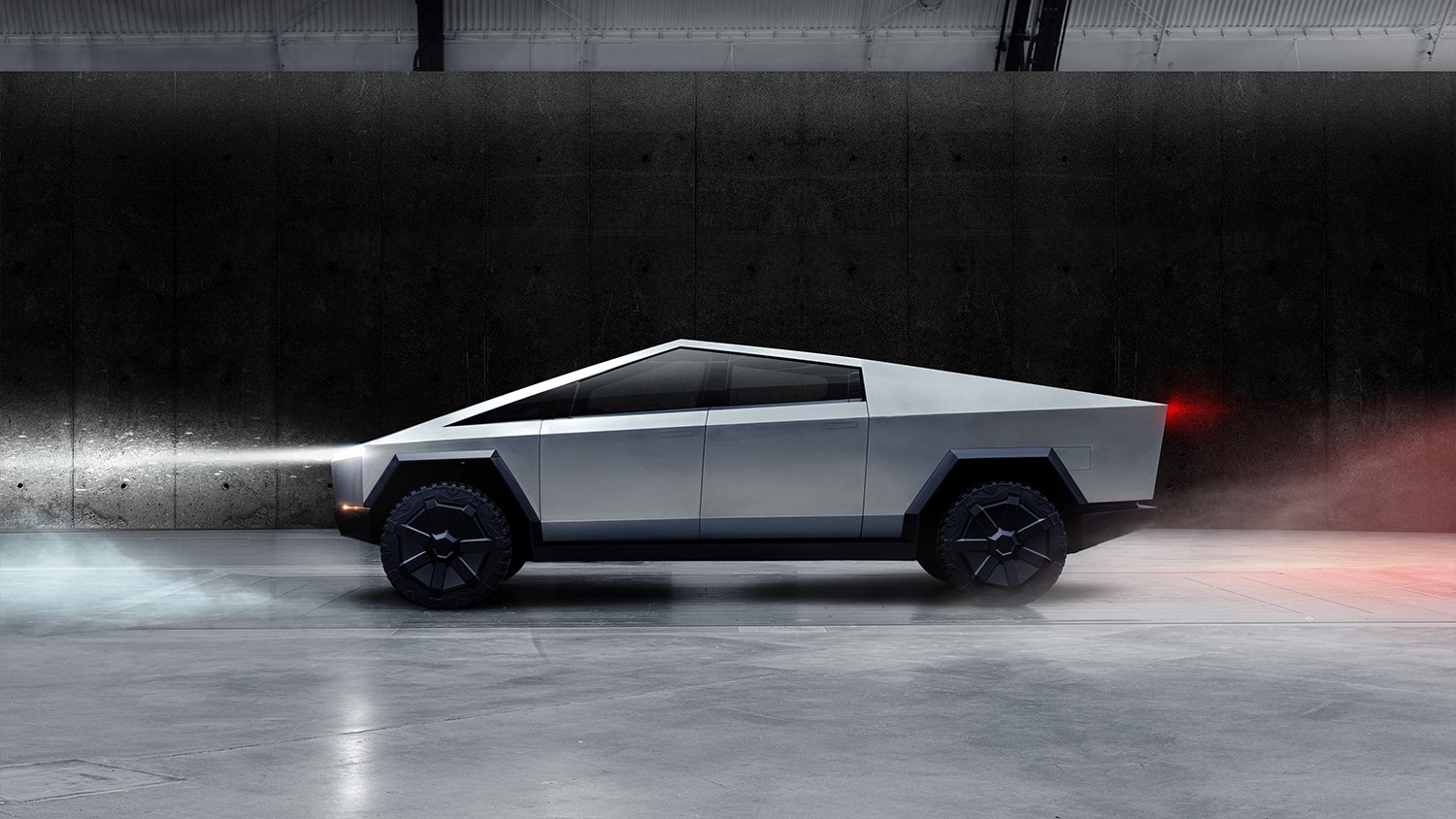Tesla
Accelerating the world's transition to sustainable energy

Image credit - © Tesla Inc
What does it do?
Tesla is fundamentally re-imagining the automotive industry, and, in the longer term, the home energy creation, storage and distribution markets.
Why do we invest?
Tesla is transitioning between major growth phases. The first being its impressive growth in electric vehicle sales – an industry that it can be credited with initiating. The second being the launch of autonomous. Tesla has showcased its long-awaited Cybercab. Its full self-drive (FSD) technology has been trained via billions of miles driven cumulatively. This is not just an impressive milestone; it also provides the crucial data for improving the technology. On average, a human driven vehicle crashes in the US roughly every 700,000 miles. The reality is that autonomous driving must substantially improve upon this to earn confidence. Tesla’s FSD presents big innovations in data, computing, and reaction time. Its autopilot goes millions of miles without crashing – a vast safety improvement relative to the U.S. public’s average.
Tesla’s profitability, compute, data scale, and cost advantage are formidable – not to mention its extraordinary culture of innovation. Over the years, our shareholders have benefitted from Tesla's remarkable progress. We remain very interested in Tesla’s prospects and will pay close attention to it.
Who is key?
Elon Musk has undoubtedly created an amazing, visionary company, notwithstanding his share of media controversies. His success has forced a response on the part of automotive incumbents and accelerated the transition to electric and autonomous vehicles globally. The success of Tesla from here is not just dependent on Musk, however. The robust board around him and the dynamic individuals on the manufacturing team are also key. During our engagement with management, including the impressive Robyn Denholm, Chair of the Board, we have noted the broad and deep expertise of Tesla's senior team.
When
Founded in: 2003
Invested in: 2013
Where
Headquartered: U.S.
Listing status
Public
Related insight
Important information
The company showcased on this page is part of a diversified portfolio. The commentary should not be taken as advice on an individual stock.




